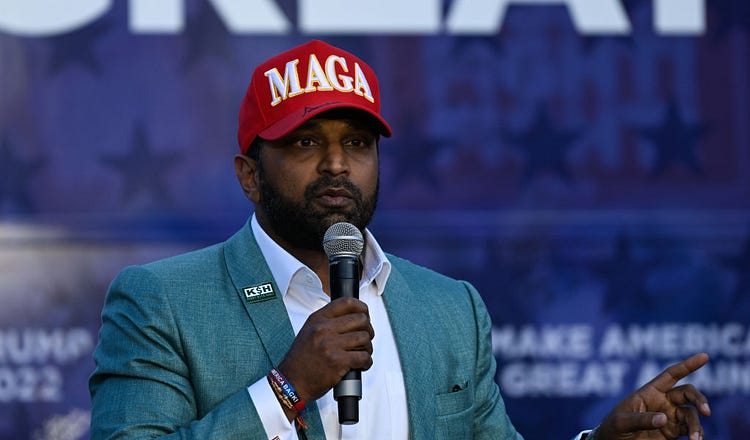
Kash Patel, Donald Trump’s choice to be his FBI director, is the kind of man you nominate if you intend to break something. In this case, it is what the president-elect calls the deep state. And the bureau Patel hopes to lead should brace for the worst.
“I’d shut down the FBI Hoover Building on day one and reopen it the next day as a museum of the deep state,” he told podcaster Shawn Ryan this fall. In his 2023 book, Government Gangsters, he minces no words in appraising the class of officials who comprise the deep state. They are “swamp creatures,” “spiteful mandarins,” even “dirtbags.”
The media? Don’t get him started. Last year on Steve Bannon’s War Room podcast, Patel said the next administration would “find the conspirators, not just in government but in the media; yes, we’re gonna come after the people in the media who lied about American citizens, who helped Joe Biden rig presidential elections. We’re going to come after you, whether it’s criminally or civilly, we’ll figure that out—but yeah, we’re putting you all on notice.”

